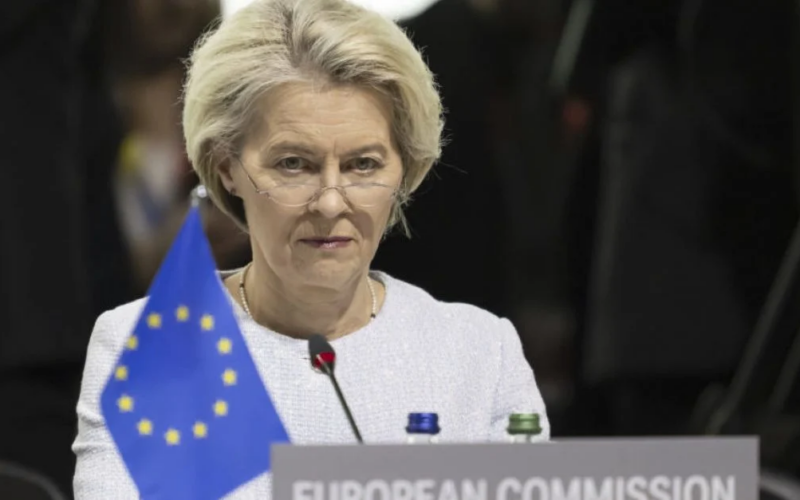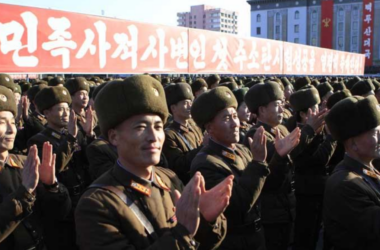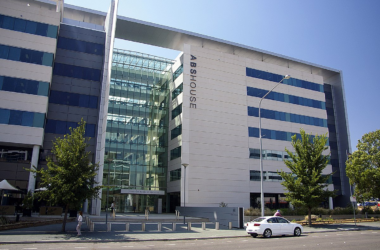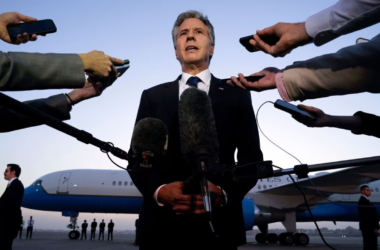In a significant decision at a summit in Brussels, European Union leaders agreed to nominate Ursula von der Leyen for a second five-year term as president of the European Commission. The nomination of von der Leyen, who hails from Germany, reflects continuity at the helm of the EU’s executive branch, which governs a bloc of approximately 450 million people.
In addition to von der Leyen, the summit saw the appointment of former Portuguese Prime Minister Antonio Costa as the future chair of the European Council meetings and Estonian Prime Minister Kaja Kallas as the next EU foreign policy chief. The selection of these leaders maintains the centrist pro-EU factions in key positions, despite a recent surge in far-right support in European Parliament elections.
“Mission accomplished! The European Council has delivered,” declared Charles Michel, the current chair of the European Council, early on Friday morning.
Leadership Package and Political Reactions
The leadership nominations received broad support from the EU’s 27 national leaders, although not without dissent. Italian Prime Minister Giorgia Meloni, from the far right, abstained from voting on von der Leyen and voted against Costa and Kallas. Meloni cited respect for voter sentiment during recent elections as her reason for not supporting the leadership package. Hungarian Prime Minister Viktor Orban, also from the far right, opposed von der Leyen’s nomination and did not vote for Kallas.
Von der Leyen’s reappointment must still be approved by the European Parliament through a secret ballot, which poses a more challenging hurdle than her endorsement by EU leaders. Speaking about her nomination, von der Leyen said, “It is a matter of convincing – if possible – a broad majority for a strong Europe. This is what I’m going to be working for.”
The new leadership team represents a balance of political and geographical perspectives: von der Leyen from the centre-right, Costa from the centre-left, and Kallas from the liberal group.
Kallas acknowledged the gravity of her role amid current geopolitical tensions, stating, “This is an enormous responsibility in this time of geopolitical tensions. There’s war in Europe, but there’s also growing instability globally.”
Costa emphasized his commitment to fostering unity among the EU’s member states in his upcoming role.
Strategic Discussions and Security Agreement
At the summit, EU leaders also signed a pivotal security agreement with Ukraine, reaffirming their commitment to support Kyiv amidst its ongoing conflict with Russia. The agreement outlines the EU’s commitments in nine areas of security policy, including arms deliveries, military training, defense industry cooperation, and demining. This step underscores the EU’s resolve to back Ukraine in it’s conflict with Moscow.
“These commitments will help Ukraine defend itself, resist destabilization, and deter future acts of aggression – more concrete proof of the EU’s unshakeable resolve to support Ukraine for the long haul,” stated Charles Michel.
In their discussions, EU leaders reiterated their stance that Russia must not prevail and emphasized their dedication to ensuring Ukraine regains territory lost to Russia.
Defense and Economic Coordination
The summit also highlighted the EU’s need to strengthen its defense capabilities, prompted by the conflict in Ukraine which exposed the bloc’s insufficient preparedness for such a scenario. Von der Leyen presented a plan calling for an investment of 500 billion euros ($535.30 billion) in defense over the next decade, highlighting the disparity in defense spending increases among the EU, China, and Russia.
Investment options proposed by von der Leyen included national contributions, dedicated EU revenue streams, and joint borrowing. This investment is part of the EU’s broader “strategic agenda” for the 2024-2029 term, focusing on enhancing the bloc’s competitiveness and preparing for potential enlargement, including the integration of Ukraine, Moldova, and the Western Balkans.
The EU’s leadership decisions and strategic priorities set the stage for its political and economic trajectory over the coming years, navigating challenges from internal political shifts to external geopolitical pressures.








